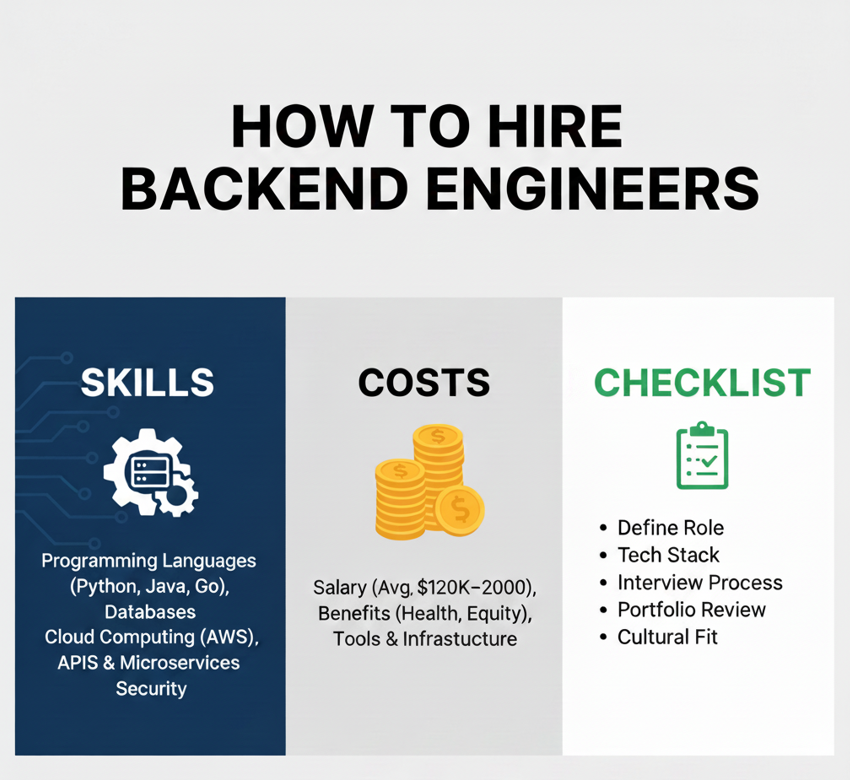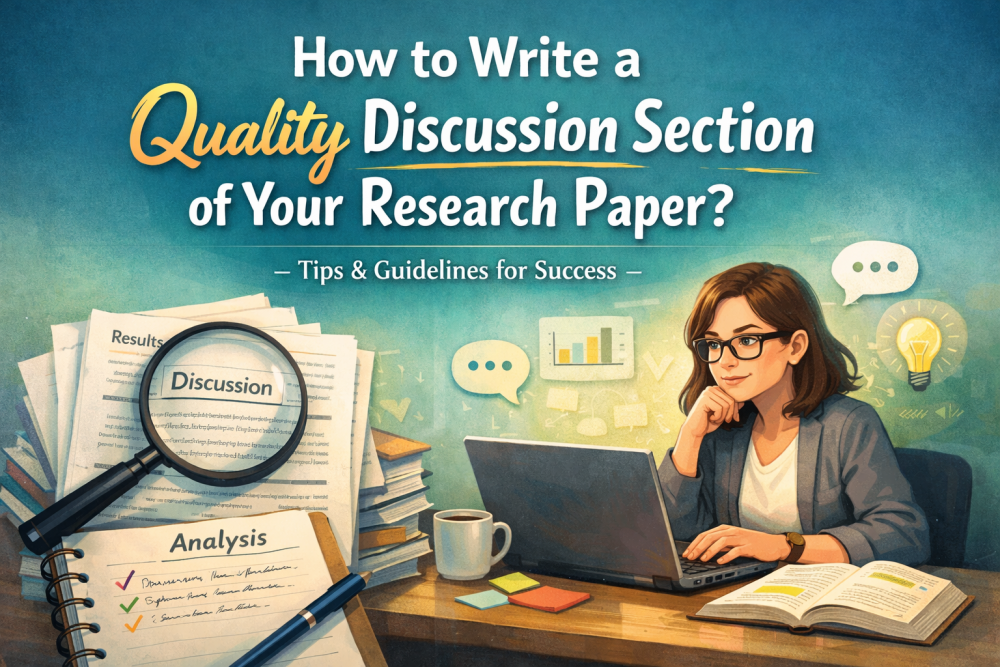
So you’ve recently graduated and are looking for jobs. You’ve applied to dozens of places but haven’t had much luck. For some reason, it feels like all your applications are disappearing into thin air. You’re barely getting any calls for interviews. After some time, you think to yourself, “What am I doing wrong?”
Everything seems to be fine. You’ve got the qualification, enough experience, and you’re willing to learn. But here’s the sad truth: your degree alone won’t get you places. The job market is extremely competitive. Everyone is out to get the best jobs.
“But how do they do it?”
The answer is resumes. They make the most of their applications with it. You might be capable enough for the role you want, but does your CV say it? Hiring managers don’t just scan these documents for a few seconds; they look for skills.
These are what set you apart from the rest. Many others might have the same degree and certificates as you. But do they have what it takes to get the job done? This is the real question.
Applying for jobs is no easy task, especially in New Zealand. Employers are always on the lookout for the best applicants. They hire people with the skills most in demand.
“How am I supposed to know what exactly they want?”
That’s what this blog is for! Keep reading to find out 7 CV Tips to get you your desired role.
7 Skills Hiring Managers Want To See On Your Resume
Let’s start with the basics. There are two kinds of skills, hard and soft skills. Here’s a little breakdown for your help.
| Hard Skills | Soft Skills |
| ● Specific, technical capabilities that can be measured or tested.● Learned through training programs and courses. | ● Personal traits that affect the way you act in the workplace.● You gain them through personal experiences and personal growth. |
| Example:● Coding● MS Excel● Machine operation | Example:● Communication● Time management● Problem-solving |
“Which ones are more important?”
This is a tricky question, but an important one.
Here’s the thing. Hard skills are great for getting jobs where you have to do a lot of technical things. For example, if you’re a software engineering graduate, you should know how to code. That’s an ability you must have, or else no one will hire you. Your resume will look incomplete without this and other relevant abilities.
But the thing about soft skills is that they’re needed for every role. As long as you’re working alongside other people, in teams, you must have these capabilities. Ask any CV specialist Christchurch and they’ll tell you that these abilities speak volumes about you as a professional.
★ According to a recent survey, 78% of employers said that they rejected applicants with technical abilities only because they didn’t have any soft skills.
Here are some you can add to your resume to get hired.
1. Say it like a pro
We all know how to talk; it’s a part of our daily lives. No one can survive without communicating with others, especially in a workplace. But speaking is an art, and not everyone’s a master of it. Sure, everyone can hold conversations, but it takes a real professional to make them productive.
“Why does it matter so much? It’s just verbal communication.”
This is what most people think when making their CVs. But hiring managers actively look for people who can communicate effectively. This includes:
- ➔ Presentations
- ➔ Meetings
- ➔ Informal interactions
- ➔ Written communication
This ability is essential for your resume, especially if you’re applying for a role that involves interactions with clients.
2. Come up with solutions
Problems are a constant part of life, both big and small. What matters is how you deal with them. Workplaces are always in need of people who can tackle issues smartly. Believe it or not, it’s an important skill to have.
Problem-solving is a skill that demonstrates to the reader that you’re an active professional, willing to make things easier. Here are some related abilities you can mention in your application:
- ➔ Decision-making
- ➔ Brainstorming
- ➔ Logical reasoning
3. Make each second count.
Have you heard the saying “Time is money”? This is true in the professional world, too. The way you manage your time says a lot about your professionalism. Employers want someone who can get the most done in the shortest amount of time.
“Do I need to highlight it on my CV?”
Absolutely! Add it to the abilities section with NZ CV writers. Regardless of what job you want, the recruiters will be pleased to see an applicant who knows the value of time.
4. Pay attention
Here’s something most recruiters don’t tell you: they want perfection-driven professionals. You must have heard “The beauty lies in the details.” This is what all hiring managers believe in. They’re always on the lookout for applicants with keen eyes for the smallest details.
Attention to detail is one of the most important abilities you can add to your CV. Show the recruiter nothing misses your eyes.
5. Go with the flow
This is a thing many people miss when discussing CV tips. Employers want people who adapt to changes. Many roles involve different responsibilities, and there are always changes taking place. What matters is how well you adjust to them.
“How do I show I’m flexible?”
Let’s say, at your new job, initially, you have to interact with your teammates for a project. But after some time, you are required to use a new tool to not just coordinate with clients directly but also keep track of project progress.
This is your chance to show your adaptability. Add this skill to your resume to set yourself apart from the rest of the applicants.
6. Tune in
Let’s say you’re in a meeting with a client or a coworker and you’re discussing an important task. You keep noticing that the other person is not fully engaging in conversation. They’re looking around, not keeping up with the change of subject. Sounds frustrating, right?
Now, suppose you are a hiring manager and the interview candidate did the same thing. You would immediately reject them. Active listening is an in-demand skill. Here’s how it shows a candidate’s professionalism
➢ Use of verbal and non-verbal techniques to show attention to the conversation
➢ Completely understanding the information being discussed
➢ Quick responses to questions.
7. Make smart moves
We all have to make decisions every day. From picking what clothes to wear to deciding what deals to close, they’re a constant part of our lives. One strength employers are always in search of is decision-making.
They want people who can judge situations quickly to make informed decisions. Regardless of the role you’re after, add this capability to your application with CV writing services.
Here is a table of skills you can add to your resume according to the job you want:
| Role | Soft Skills | Hard Skills |
| Data Analyst | ● Problem solving● Reserch● Attention to detail | ● Machine learning● Microsoft Excel● Data visualization |
| Nurse | ● Problem solving● Teamwork● Communication | ● Patient safety● Technology skills● Patient assessment |
| Digital Marketer | ● Creativity● Critical thinking● Communication | ● SEO● Google analytics● Email marketing |
| Graphic Designer | ● Time management● Creativitiy● Active listening | ● Adobe photoshop● Branding● Canva |
People Also Ask
● How many skills should I mention on my resume?
There is no set rule for this. But adding 5 to 10 relevant skills is a good idea. Make sure they relate to the job you want.
● How to prove the abilities I’ve added?
Use the cover letter to give real examples of times when you used the mentioned skills. This will show the reader that you actually have the abilities and aren’t just exaggerating.
● What if I don’t have these abilities?
That’s perfectly fine; these skills can be learned! All it takes is some effort and time, and you’ll gain them easily.
Wrapping Up
We all have been through the scary process of applying for jobs; it’s no easy task. The job market is always changing, especially in New Zealand. Your application must highlight all your abilities, because your qualifications alone won’t get you the position.
You don’t have to mention every single skill in your resume, but do follow the 7 CV tips discussed in this guide. They will surely set you apart from the rest of the applicants. Take your time and update your CV take your applications to the next level. Your next opportunity may just be one impressive resume away.







